Mary Kay Battaglia on children's mental health in Wisconsin
National Alliance on Mental Illness Wisconsin Executive Director Mary Kay Battaglia considers factors that are causing a growing number of youth to have feelings of isolation, anxiety and depression.
By Steven Potter | Here & Now
May 11, 2023
VIDEO TRANSCRIPT
Steven Potter:
How would you describe the state of student mental health here in Wisconsin?
Mary Kay Battaglia:
Well, the Office of Children Mental Health has recently released their report, and it is a little alarming. Over the last 10 years and specifically the last 5 years, the state of mental health of youth, they really are expressing lots more anxiety and depression. A fourth of the kids are reporting suicidal thoughts. A third of them are expressing anxiety and depression. Most are expressing, 60% are expressing some real isolation feelings and not feeling connected to their community or school. So it is a big concern right now. The pandemic didn't help, but we actually were seeing some of these trends before the pandemic. So there are things that are going on that we just really need to address and touch base with and find out why kids are feeling so stressed and anxious and so isolated when they're around people all the time.
Steven Potter:
Do we have any idea what might be the cause of this uptick in problems?
Mary Kay Battaglia:
Well, one of the anxieties from kids that they report themselves is the recent surge, or I don't really know if it's a surge, I don't want to state it, but the gun violence in the school systems, feeling unsafe, lots of trauma going on at homes. We find more kids are experiencing isolation due to, you know, system failures. So it's very hard right now, either through education or health care, to find the needs that that kids need. You know, whatever it is they need. It's just, it's very difficult to find the network that you need to connect with. And if also you don't have that stable family environment, it can make it more difficult. I'm not gonna go down the trail of social media because kids across the world have social media, but I also can't think that it can't contribute to kids feeling stressed. They're looking at what other people are doing, that Instagram post and comparing it to their lives. So that definitely could add to it. What we do see is that young females are exhibiting much higher rate of anxiety and suicidal thoughts, and that does tend to have somewhat of a link to social media, but I can't, you know, there's no data that says it's absolutely due to that. So, but I have to throw that out there. [laughs]
Steven Potter:
With these challenges and problems now that we're noticing, are they new, or are we just paying more attention and noticing them now?
Mary Kay Battaglia:
Well, that's a really great question because one thing that I've noticed through the pandemic is we are getting corporations and companies and individuals reaching out to us asking us to do presentations on mental health that we never did before, everything from construction companies to tech companies. It is a lot more part of the conversation. And so it does make you wonder if the stats are higher for youth because they're identifying and feel okay identifying as being anxious and depressed. So it's a little bit hard to eliminate that good thing, which is they don't feel stigmatized by saying, "I'm anxious," or, "I'm depressed," or those things, you know, before you would never say that. So there is that artifact that perhaps some of this is due to kids feeling more comfortable, which is saying, "I'm anxious," "I'm depressed," "I don't feel well," where in the past they didn't. But I do think the connectivity that I was talking about in the report by the Office of Children's Mental Health, it started before the pandemic, and it was just kids around 80% were feeling connected to their community and their schools, and it's dropped down in the last six years or so to 60%. And so I don't think that's due to what I just talked about, the artifact of being aware. I think there's something going on that the kids are no longer participating in activities in the schools. Maybe the schools are not investing in those sort of things. I know my kids, they're older now, but, you know? Their part of school that they love the most was the sports or the dancing or the theater or those things. And I do know there's been a pullback on investment in those sort of things, and they are really vitally important part of a kid's feeling connected to their community.
 Passport
Passport




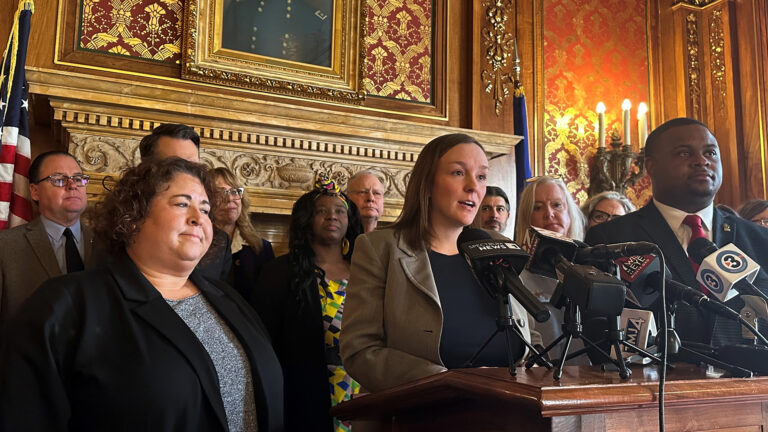
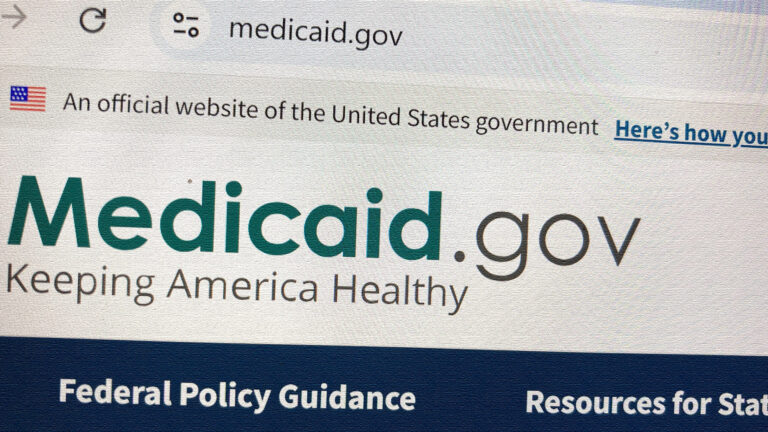
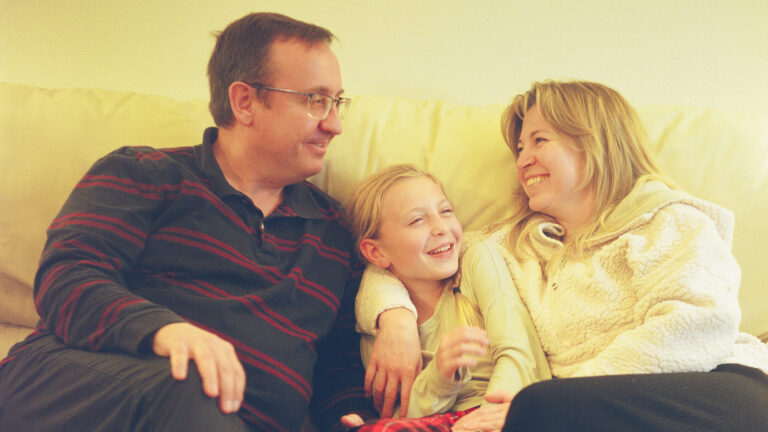

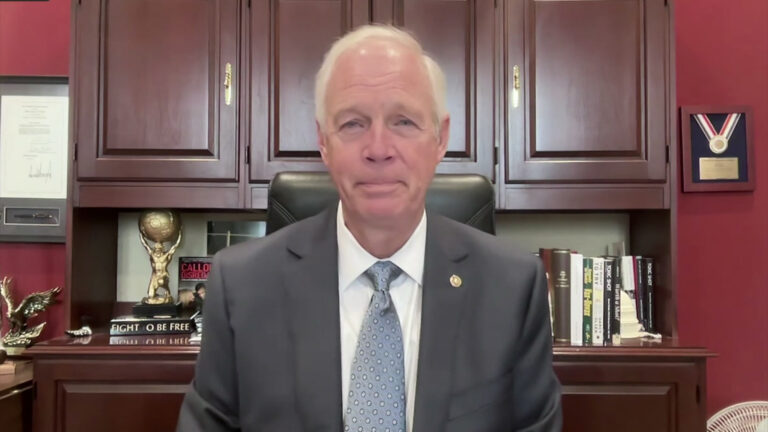
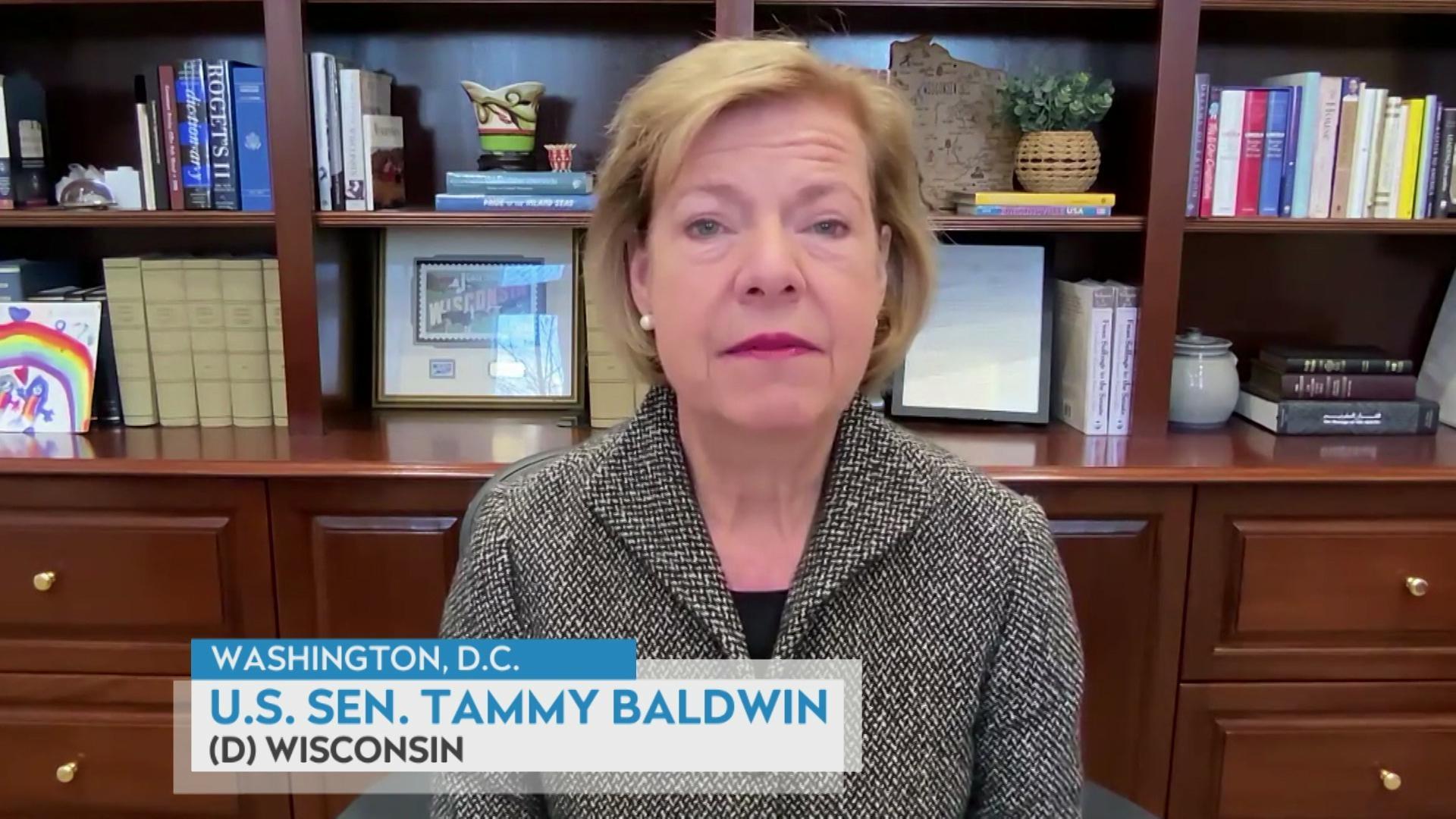

Follow Us